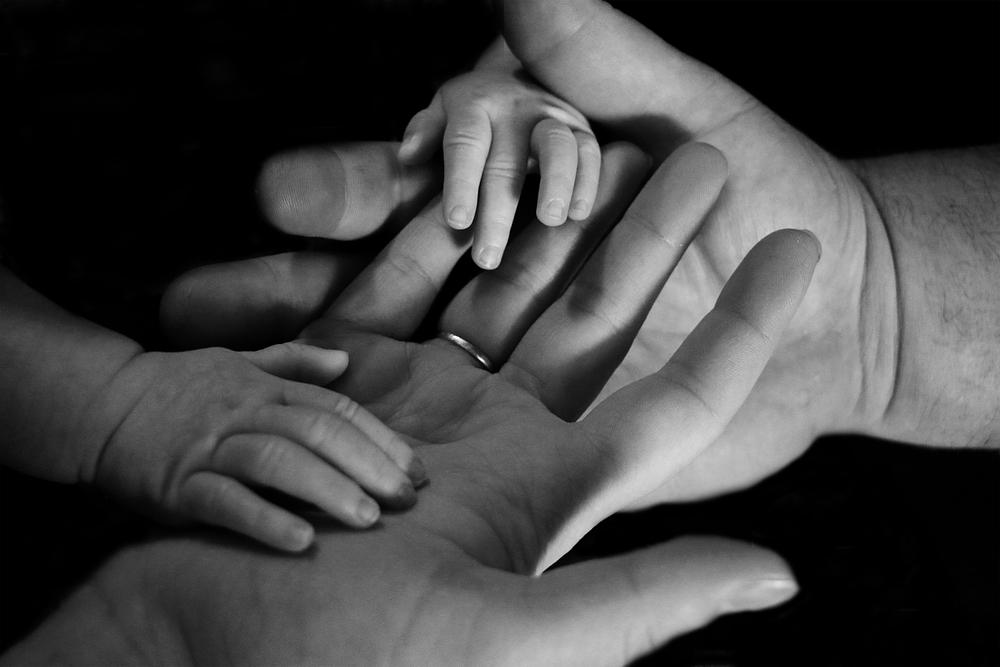Lying isn't a good thing to do. However, we are forced to do so from time to time to protect someone's feelings, politely decline an invitation, and so on.
Even though some people are gifted enough to come up with an excuse at a moment's notice, others can have a hard time doing so. Are you that person that is invited somewhere and can't figure out an excuse not to go? Whether your answer was yes, or whether it was no, you can look below to find out the principles of creating an alibi.
Note: So, while honesty is usually the best policy, there are a few exceptions. Even though some lies are to protect yourself and others, don't make a habit of it.
What is a white lie and when should you use one?
A white lie is thought to be harmless or insignificant. Such lies are frequently stated to avoid hurting someone's feelings. As many people agree on the fact that lies are harmful, destructive, and wrong, there are occasions when we avoid additional harm by telling harmless lies. On one hand, the goal of an actual lie is wicked and the consequences are severe, while on the other, a white lie is generally more like bending the truth where the purpose is pleasant and good, and the consequences are usually minor.
Note: The cliche that you should always speak the truth is mainly correct, but in some cases, white lies serve some purpose, like protecting someone's feelings.
White lie vs Real lie
Now for the big question you might have been asking yourself: how do you know the difference between a real lie and a white one? Well, the answer is quite simple. We usually use a white lie to either create a magical world for children, where Santa Claus delivers presents every year, or to be nice and display social etiquette, while also getting out of certain unwanted situations.
In the end, white lies serve a useful function. Sometimes, being completely honest might cause discomfort or end up being insulting. That's why people consider white lies to be a sign of politeness.
Real lies typically serve more selfish purposes. They can affect you or other people with negative results.
How to come up with excuses/Alibis?
We are naturally hardwired to speak the truth, therefore, the task of creating an excuse might challenge some. However, in some cases, we are just left out of options and need to use a white lie. Coming up with a successful alibi is easier than it seems. There are a few principles that will help you in creating an excuse:
- Keep it on the realistic side. Many people panic and create an unusual excuse that isn't credible at all, therefore they get busted easily.
- Try and don't make it too complex. As complicated as you make it, as unrealistic as it can sound.
- Stick to your story once you say it.
- If you're going to lie, make it as true as possible.
Excuses for family
In some situations, it is inevitable to not take the help of excuses and escape the heat of the fire. Whether it be a family circumstance, coming up with a relevant excuse can help you a great deal in making it out safe and sound. Here are some examples you can use for your family when you either need to explain yourself about something like avoiding chores, or for any other situation you may encounter.
- It's a different time now. Everybody is doing it.
- I am sensitive to all those cleaning products.
- I caught a cold. I need sleep.
- The mop was all the way upstairs.
- I didn't know if you wanted me to clean that.

Image Credits: Liv Bruce from Unsplash
Excuses for friends
We love our friends, but sometimes we just need some time for ourselves and also not hurt their feelings. So below you can find some examples of excuses you may find handy in certain situations:
- I forgot.
- I just couldn't finish my homework in time to make it.
- I'm allergic to your cat/dog.
- Oh, is the event this Sunday? I'm having my doctor's appointment then.
- I just got Netflix.
- Words can't express my gratitude.
- I told you that a long time ago!
- You are my best friend - and so is she.

Image Credits: Tyler Nix from Unsplash
What to Consider beforehand
One thing to remember is that making an excuse should be justified according to the given circumstances. Unnecessarily lying or using excuses for personal benefit while hurting others won't take you a long way, and moreover, it's not morally justified. Know that your actions have consequences, and what you do should be mutually beneficial, and respectful of the other person's boundaries. Here are somethings you should consider before making up an excuse:
- The intention you have - think if you do it to protect or ease someone's pain, or if you are doing it for selfish reasons
- Be aware of the long-term consequences - even though white lies don't usually have very severe ones, the real lies tend to be
- Is it worth it, or would it be easier just to tell the truth?
- Will it affect your relationship if they ever found out you lied?
Even though the truth hurts, we need to be honest with the people we care about, and ultimately, ourselves. So, before you tell a white lie, consider if it's worth it.
Conclusion
So, even though honesty is by far the right choice for most situations, it's okay to tell a white lie from time to time to protect someone's feelings, while also getting yourself out of an unwanted situation. You do have to consider the consequences beforehand, so if you get busted you know what to expect, and not get caught by surprise. Just don't make a habit of lying, when you could simply tell the truth, especially if it isn't too painful.




